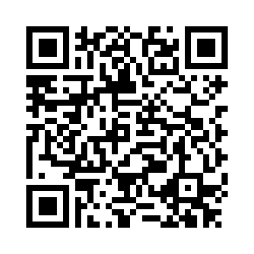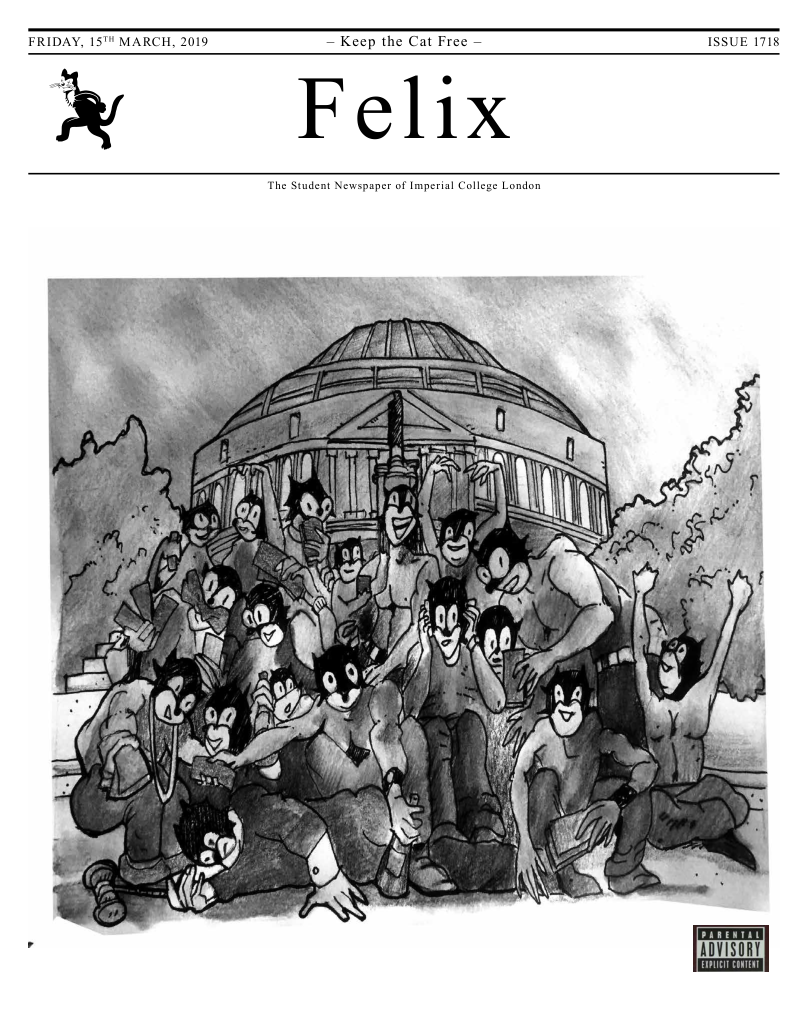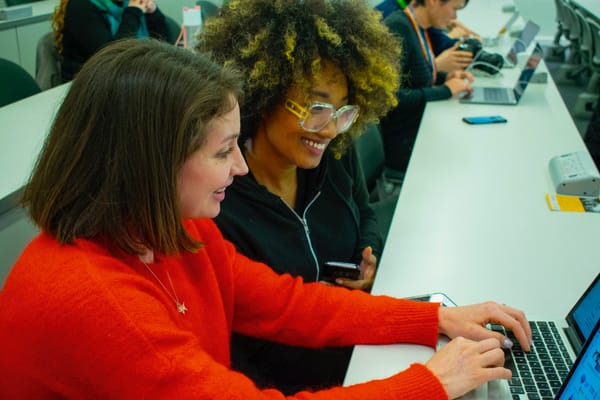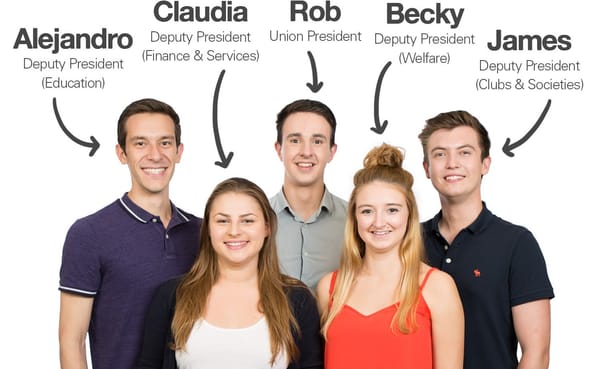Is #fakenews damaging your health?
It’s time for some action from government before it’s too late

Fake News has made a bold entrance into the social media sphere. The term, commonly used by Donald Trump, was named 2017’s (ultimate) ‘Word of the Year’ by Collins Dictionary. It’s almost impossible to ignore fake news across social media and the sensationalist headlines have percolated into healthcare. Of the most widely shared health articles published in 2018, less than 50% were rated highly credible and of the top 10 shared articles, 7 contained misleading or false information.
Despite no evidence to suggest that the MMR vaccination causes autism, vaccination rates have fallen in England for the fourth year in a row. Despite little evidence-based benefit, placenta pills have gained popularity in the US and are now gaining traction in the UK. Despite no scientific backing for much of their advice, across the pond Gwyneth Paltrow has managed to maintain a following for her natural health company- goop.
With social media providing a global channel for influence and social media algorithms increasing its spread, is fake news affecting your health?
The answer is yes. From health fads to disease immunity, fake news risks reversing the work decades of medical and scientific research. There is already evidence to suggest that people’s trust in scientific information is breaking down. As the lack of regulation around fake news and paid product endorsements continues, the risk to people’s health increases. If nothing else, it places an already strained healthcare service under more pressure as people reject evidence-based guidelines for alternative and celebrity endorsed methods, many of which can badly damage your health.
This is not an issue unique to medicine and it’s on all of us to call out fake news where we see it. However, perhaps more importantly, we also need to lobby the government to act. Social media algorithms (Facebook’s in particular) promote the spread of fake news and give it greater traction. Without policies to protect the public, the rejection of scientific evidence will only increase.
For action, we need evidence. There is a range of ongoing research into social media platforms and those who use them. I’m part of a team of students at Imperial who are looking at how influencers on social media change their followers’ healthcare decisions. We hope this research will strengthen the calls on the government and give healthcare providers clarity on the public’s healthcare perspectives.
We want to hear from you! Completing our survey also gives you the chance to win a £70 Amazon voucher.








